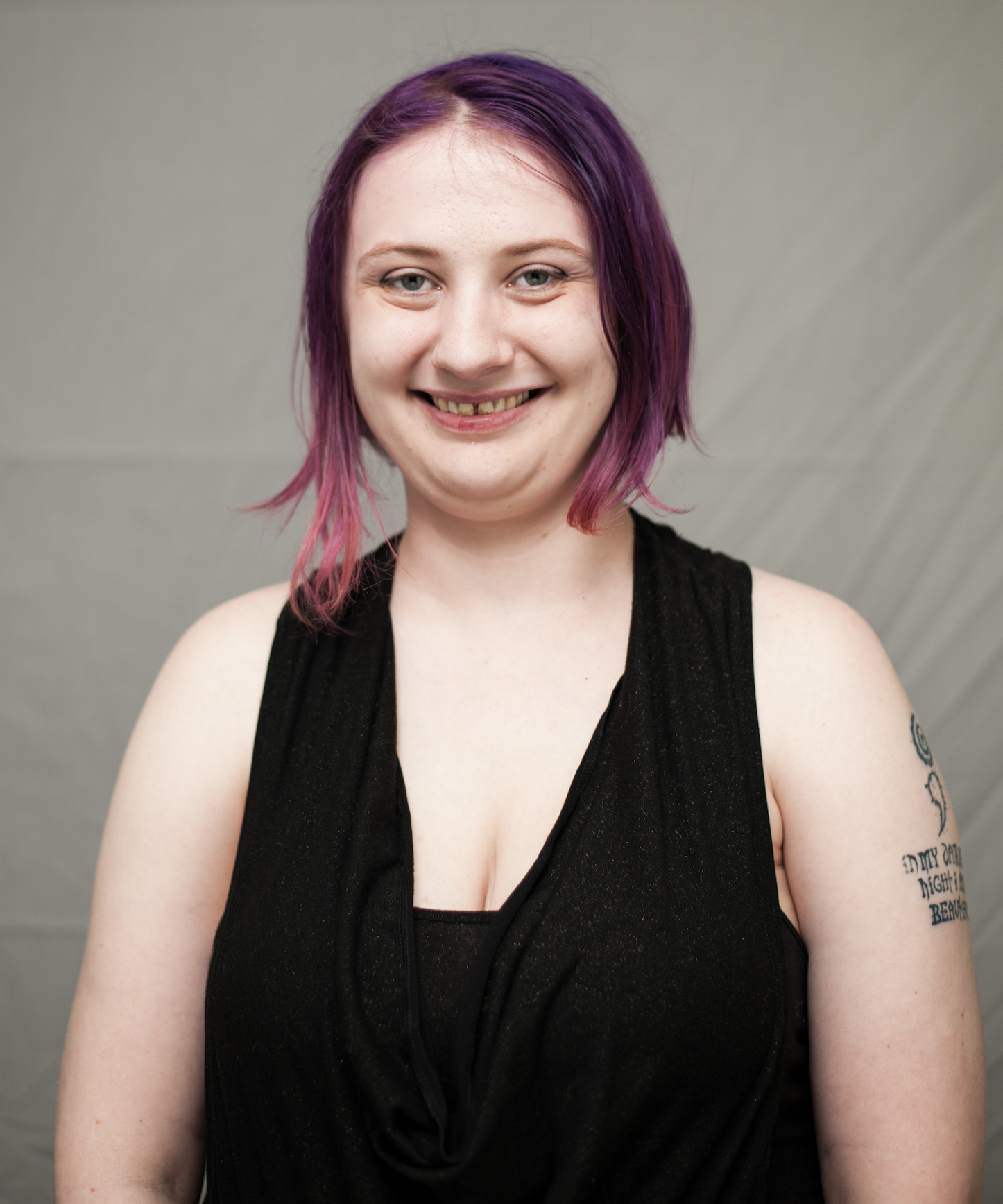I’ve known I wanted to be a novelist since I was eight years old. Within a few years, I also knew that most novelists need a day job until they get published, and that many continue having day jobs long after their first novel is released. I didn’t come from money, so I knew I’d have to be one of these writers. Finding the right day job to pursue was another matter.
I considered many things, but everything I was interested in—teaching, becoming a therapist, acting—either required more schooling than I was willing to commit to for a job I didn’t know I’d stay in or had the same unreliable income pitfalls as writing.
Falling into freelancing
I first learned about freelance writing at sixteen, and I immediately knew it was perfect for me. I’d have the freedom to control my schedule, giving me the flexibility to work on fiction projects. I could choose to write about topics I had at least some interest in, emphasizing topics that could help me build my author business. I’d also get to hone my writing skills—because as much as nonfiction writing is different from fiction writing, it relies on many of the same core skills.
I started building websites to display my writing in my teens, and naturally graduated to managing small companies’ WordPress blogs right out of high school. From there, I established myself as a WordPress—and web hosting/website creation generally—expert, working from home for companies all over the globe. I haven’t worked in an office since I was 22, and I’ve never worked a traditional 9 to 5.
This career trajectory did exactly what I wanted it to; it gave me the freedom to write my books (four of which are published, with more on the way) and start a social enterprise, Weeknight Writers, where I host author events.
Freelance writing also let me accommodate my “quirks”. Dictating my own hours meant I didn’t have to start work before 11AM. Working from home, with most communication happening in email or Slack, meant I didn’t have to stuff myself into business casual clothes I despised. Not having many meetings also meant that any time feedback upset me, I could set it aside and respond to the email an hour or even a day later.
Learning the truth about ADHD
Online content about ADHD grew exponentially in the early 2020s, with much of it focusing on the experiences of women and nonbinary folks. These folks were coming forward to talk about their late diagnoses and the many things they thought made them “weird” or “failures” that turned out to be symptoms of ADHD.
I recognized a lot of these symptoms in myself. Losing things all the time? Check. Being either compulsively early or chaotically late? Check. Never being able to keep my apartment in a state of cleanliness other people would consider reasonable? Check. Only being able to focus on things I’m actively interested in for more than a few minutes at a time? Check. Being told I’m too loud, too much, too weird for as long as I can remember? Check, check, and check.
I had always embraced the title of “weird” because I grew up in a family of self-proclaimed weirdos, people who were happy to stand outside of the status quo. Watching and reading content about late diagnosed ADHDers showed me we weren’t just “weird” (though I do still proudly claim that word, even while understanding why others don’t). We were neurodivergent folks who had never been diagnosed or accommodated by the society surrounding us.
ADHD imposter syndrome and accidental accommodations
What I didn’t recognize in myself as I explored the world of ADHD content was the burnout many late-diagnosed folks discussed experiencing at work. Sure, I occasionally felt overwhelmed, but it wasn’t the soul-deep exhaustion other neurodivergent people talked about.
This gave me imposter syndrome until I saw a social media post (sadly, I don’t remember who to give credit) saying that not struggling doesn’t always mean you don’t fit the diagnosis; sometimes it simply means you’ve stumbled into the right systems to accommodate your diagnosis. The fact that you had to create so many systems to be able to do things neurotypical people find easy or instinctive is, itself, an indicator of your neurodivergence.
This reframing helped me see how my freelance writing career, initially chosen to give me the flexibility to write books, also gave me the flexibility to accommodate my ADHD. I saw how many of my “quirks” my career accommodated were ADHD symptoms. My insomnia was a delayed circadian rhythm. My desire to avoid working in an office came from a need to avoid masking my true, neurodivergent self. The level of upset I experienced when faced with negative feedback—or even constructive criticism—was rejection sensitive dysphoria.
I went into my ADHD assessment armed with all of this information, and walked out with a diagnosis and a prescription for stimulant medication. Within a few days my life had changed in enormous ways, ranging from a better ability to focus on mundane tasks like taxes to an improved sleep cycle.
How my diagnosis empowered me to keep working for myself
Around this time, a company offered me a full time job. I was ecstatic, both because it meant my work was getting the recognition it deserved (the head of this company had read my content; I hadn’t reached out to them) and because there are real benefits to working full time. More reliable paychecks, paid vacation and sick time, less complicated taxes. And with how much my medication had improved my functionality, I believed I might just be able to do a 9 to 5, something I doubted my ability to do before diagnosis.
I took the interview, and it went great. I did the test assignment (paid, because freelancers should never do unpaid tests), and that went great too. We even discussed accommodations, like flexibility in the times I worked and the number of hours I worked. Everything sounded wonderful on the surface.
Yet I had persistent, nagging doubts. Those flexible hours were reliant on me still producing the same amount of content as any other full-time writer on the team. What happened if my newly-acquired meds stopped working and I needed weeks to adjust to a new regimen? What if I had a bout of depression or anxiety—things I’ve struggled with much less since getting ADHD medication, but do sometimes deal with—and needed a very sudden week or three off? Just how far would they go to accommodate me? How long would those accommodations last?
Moreover, even with those accommodations, I’d still be putting in more hours than I had been on my freelance work. I’d be making more money, and if money was the only thing that mattered to me, it would’ve been enough of a boost to justify those hours. But money isn’t the only thing I care about. Having the flexibility to work on my books, host and attend writing events, and pursue my fiction writing career are important too. Without it, I’d likely burn out in a year or two, forcing me to use any savings I accrued on an extended recovery period.
I decided that no company can accommodate me as thoroughly or as easily as I can accommodate myself. I turned down the job and refocused on my content writing business, more confident in my choices than I’d ever been. I knew I was making the right decision not just for my passion and my fiction career, but also for my neurodivergent brain.
The reality is that even before we know our diagnoses, we know our brains and needs better than anyone else does. We might not know why we need those things, and we might even ignore those needs because they don’t fit within what capitalism tells us we should be doing. But if we learn to pay attention to those needs, to lean into them, we can build careers and lives that work for our unique brains.





.jpg)




.svg)

